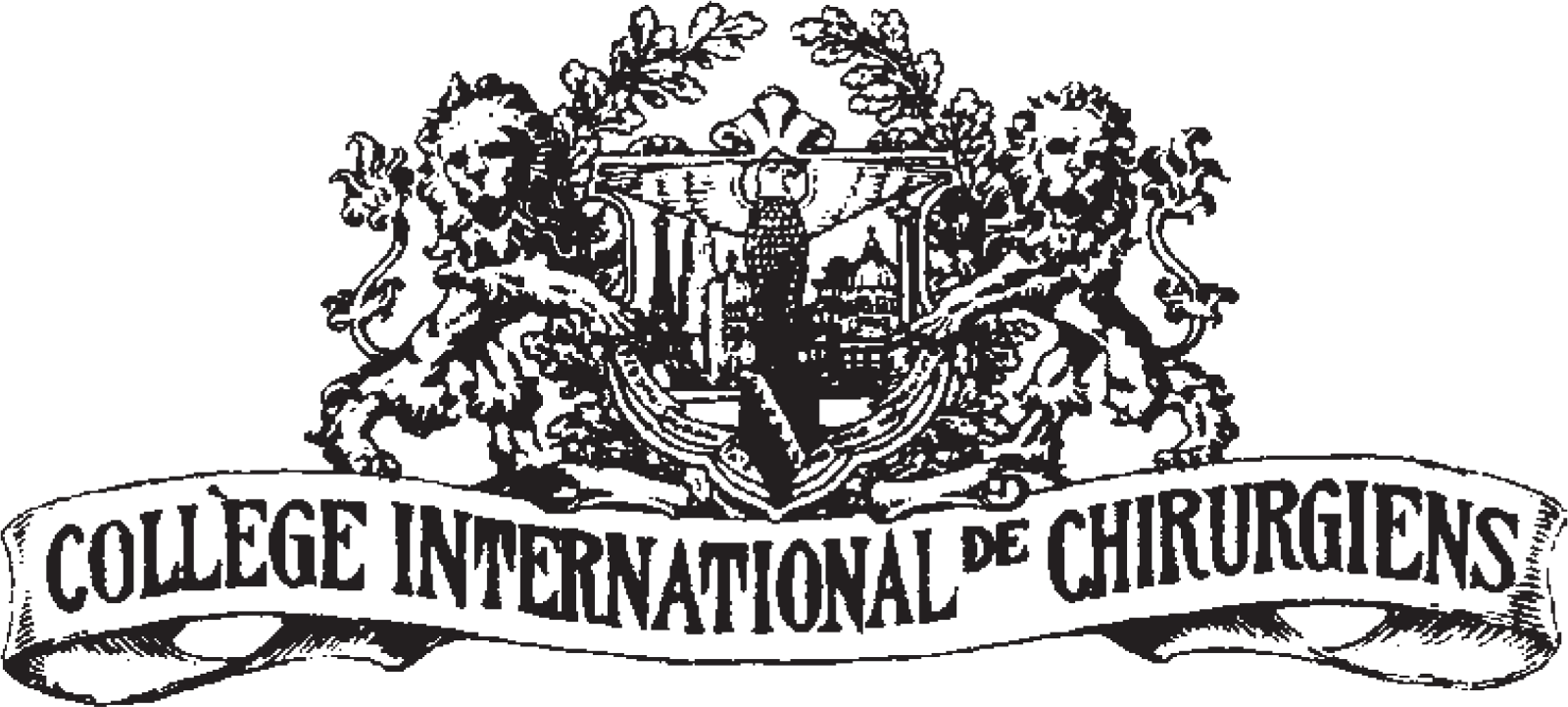PEER REVIEW POLICY STATEMENT
INTERNATIONAL SURGERY
OFFICIAL JOURNAL OF THE INTERNATIONAL COLLEGE OF SURGEONS
International Surgery is owned by the International College of Surgeons (ICS) and is the official Journal for the ICS. The position of Editor-in-Chief is approved by the governing body of the International College of Surgeons, the International Executive Council. International Surgery has the important role in the International College of Surgeons of fulfilling the educational mission of the College. The Editor-in-Chief provides semi-annual reports on the functioning of International Surgery to the governance of the College, the International Executive Council. International Surgery publishing standards are based on the principles and guidelines outlined by the following:
- Committee on Publication Ethics (COPE)
- International Committee of Medical Journal Editors (ICMJE)
- Council of Scientific Editors (CSE)
- National Information Standards Organization (NISO), in particular recommended Practices for the Presentation and Identification of E-Journals (PIE-J)
- Declaration of Helsinki Ethical Principles for Medical Research
- International Guiding Principles for Biomedical Research Involving Animals
Peer review is the critical assessment of manuscripts submitted to International Surgery by respected academic reviewers. These manuscripts are treated as privileged communications that the authors’ private, confidential property.
The Editorial Review Board is comprised of respected academic reviewers. Members of the Editorial Review Board are selected by the Editor-in-Chief based on field of specialty in surgery and on their related expertise. The selections made by the Editor-in-Chief are reviewed and approved by the International College of Surgeons governance, the International Executive Council.
The International Surgery publication staff works closely with members of the Editorial Review Board, who provide peer reviews for International Surgery. The objective of the editorial review process is to assess the validity, quality, and originality of submitted manuscripts. Manuscripts based on case studies are considered, with only highest quality case studies being accepted.
Manuscripts are screened by the Editorial Board members and publication staff.
Acceptance of manuscripts is based on the following criteria:
- evidence supporting conclusions in the manuscript
- original research results
- contribution to advancing surgical knowledge
- significance to medical researchers, practitioners and researchers in other related fields of scientific, medical and health sciences
Desktop rejection occurs if manuscripts do not conform to the author instructions as detailed on the International Surgery website.
Preliminarily screening by publication staff are then submitted to two or more members of the Editorial Review Board and other experts in the field for peer review. Peer reviewers accept, suggest minor revisions, suggest major revisions, or reject the manuscript. The peer review process is completed within 21 days following submission to the peer reviewers.
Strict confidentiality standards exist. Double anonymous reviews are conducted. No exchanges of information pertaining to the submitted manuscript between authors and members of the Editorial Review Board, who review the information in the submitted manuscript, are allowed under any circumstances. Author names are not allowed in the manuscript text, figures, and tables.
All peer review procedures associated with International Surgery are rigorously followed to maintain the highest scientific and medical research publishing standards. The objective of the peer review process is to serve and support authors of submitted manuscripts in the best manner possible.
Revised July 2025

